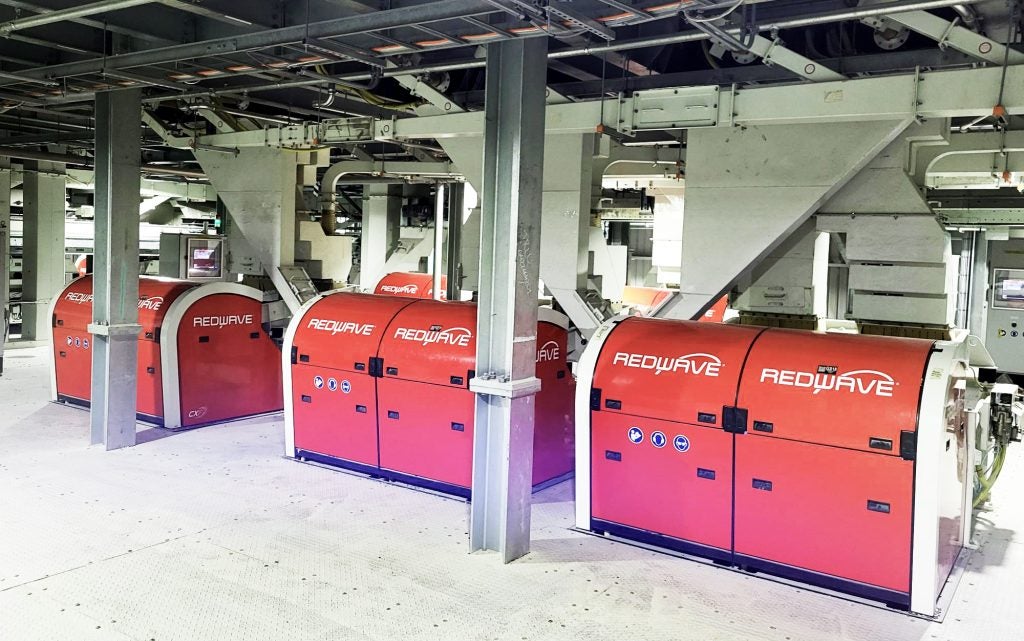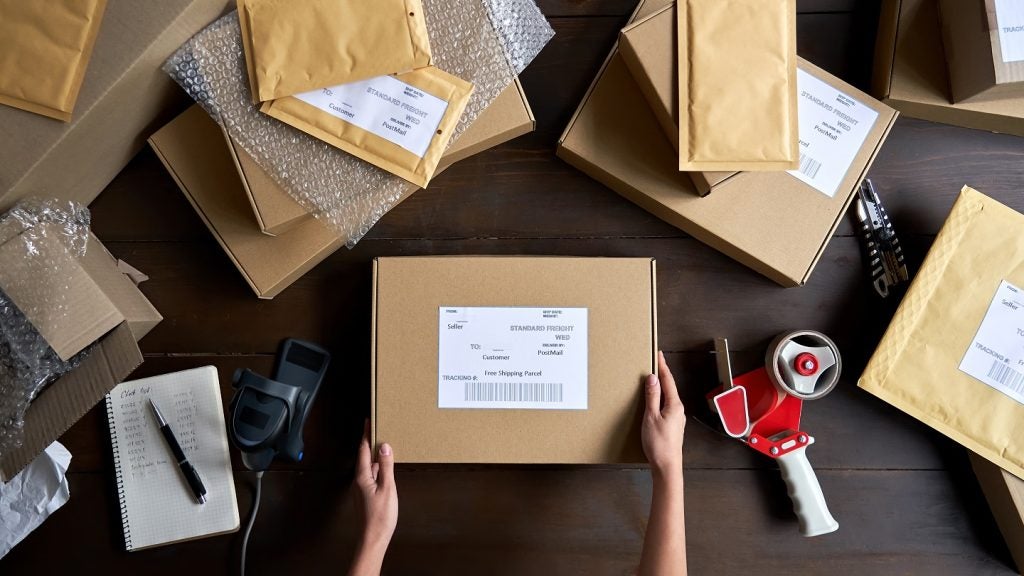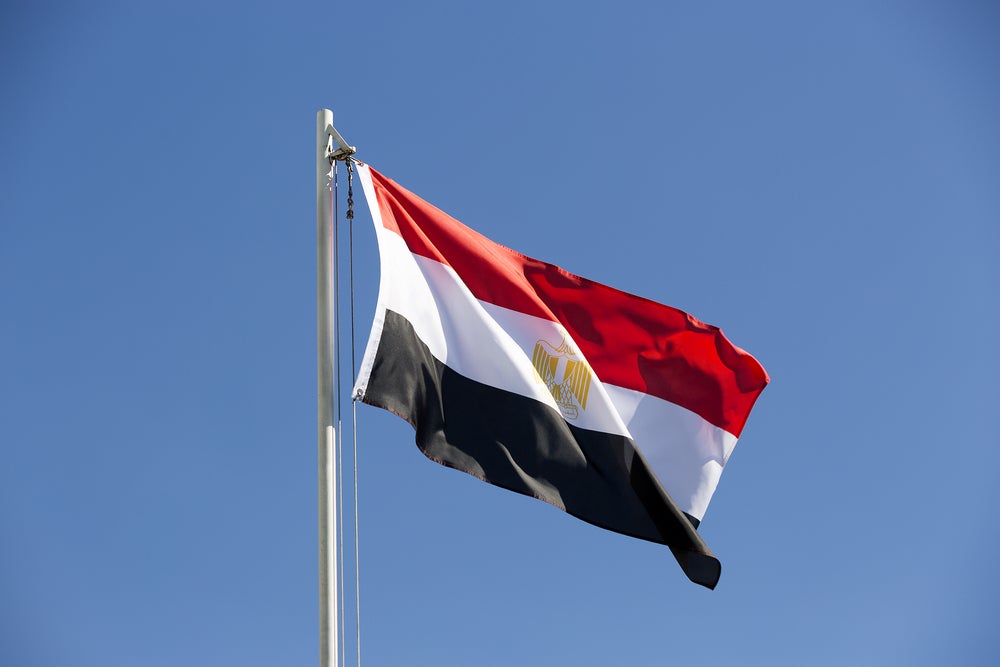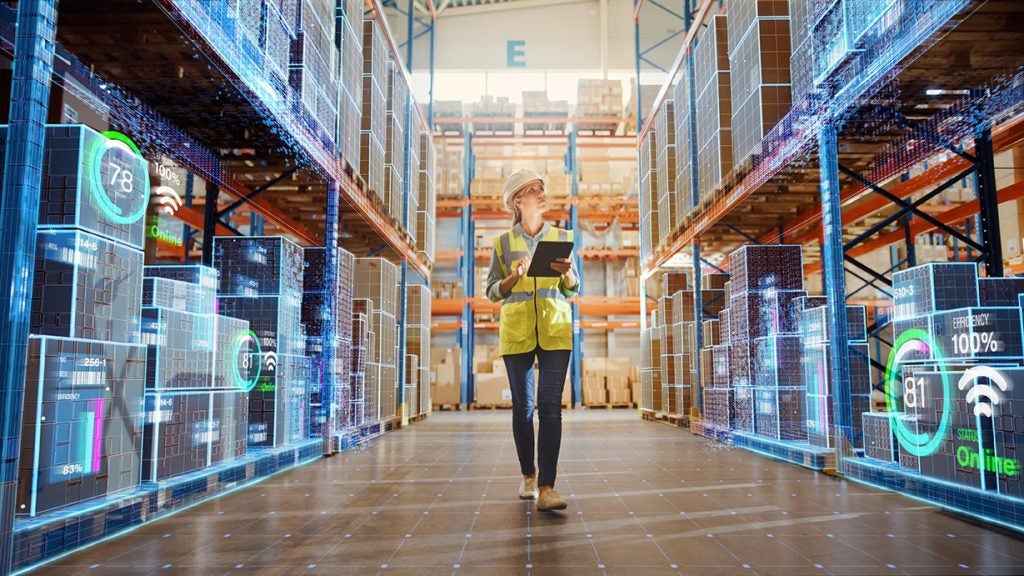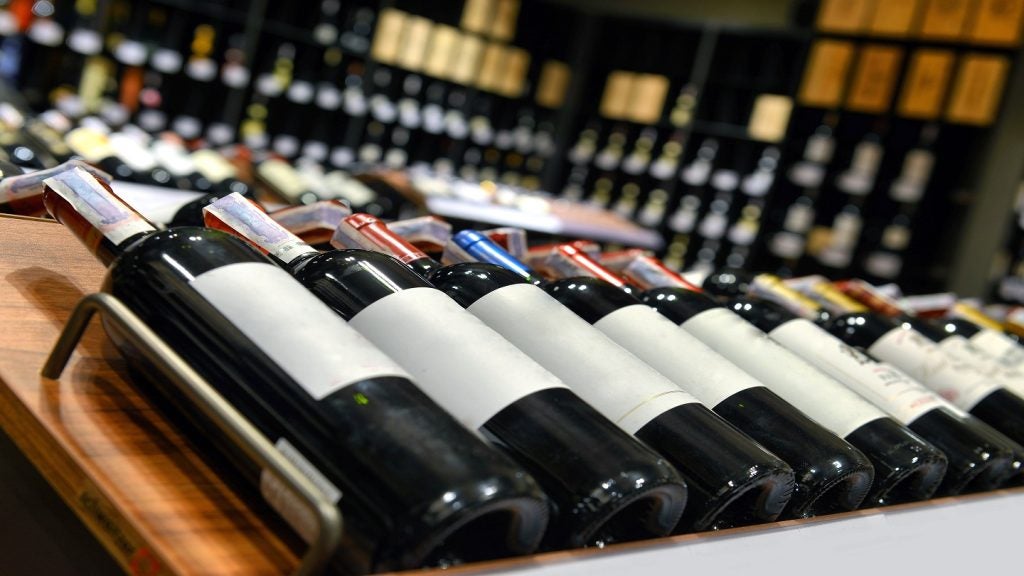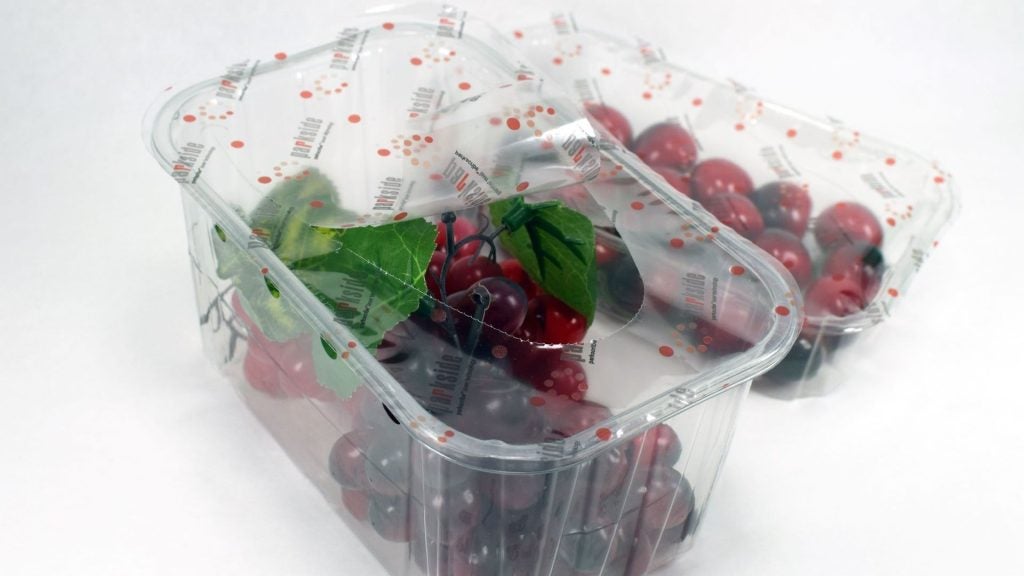A collaboration between Visy and glass recycling solutions provider REDWAVE aims to revolutionise glass recycling and sorting in Australia.
The recent opening ceremony at the Laverton, Melbourne site marked the replacement of a previous facility.
With a processing capacity of 200,000 tonnes annually, the plant will receive two-thirds of the input from kerbside mixed recycling collections (MRF glass, which is clear [flint], brown [amber] and green) and one-third from the newly established Victorian container deposit scheme (CDS glass).
On arrival, the glass is sorted into its three different colours down to three millimetres in size, to ensure a reliable supply for future glass production.
The plant maximises the use of by-products, minimising the impact on landfill and recovering valuable secondary materials. The sorting process operates autonomously, eliminating the need for manual sorting.
REDWAVE has devised a solution to the unique challenges posed by glass ceramics, which behave differently from ordinary glass when melted. Using its proprietary CX camera and lighting unit, the system separates glass-ceramics, ceramics, stones, porcelain and off-colours through a multi-stage sorting process.
REDWAVE smart plant software collects and processes real-time production data. This equips operators and enables autonomous plant operation to meet customer requirements. At the heart of the data collection are REDWAVE's sorters, acting as data hubs to relay critical information to the software.
REDWAVE CEO Silvia Schweiger-Fuchs commented: “With our sorting quality, we can now re-introduce this glass into the recycling loop, facilitating the creation of new bottles.”
A follow-up contract to build another glass recycling facility at a site in Yatala near Brisbane has been awarded. This project is already underway and is scheduled for completion in early 2025.


